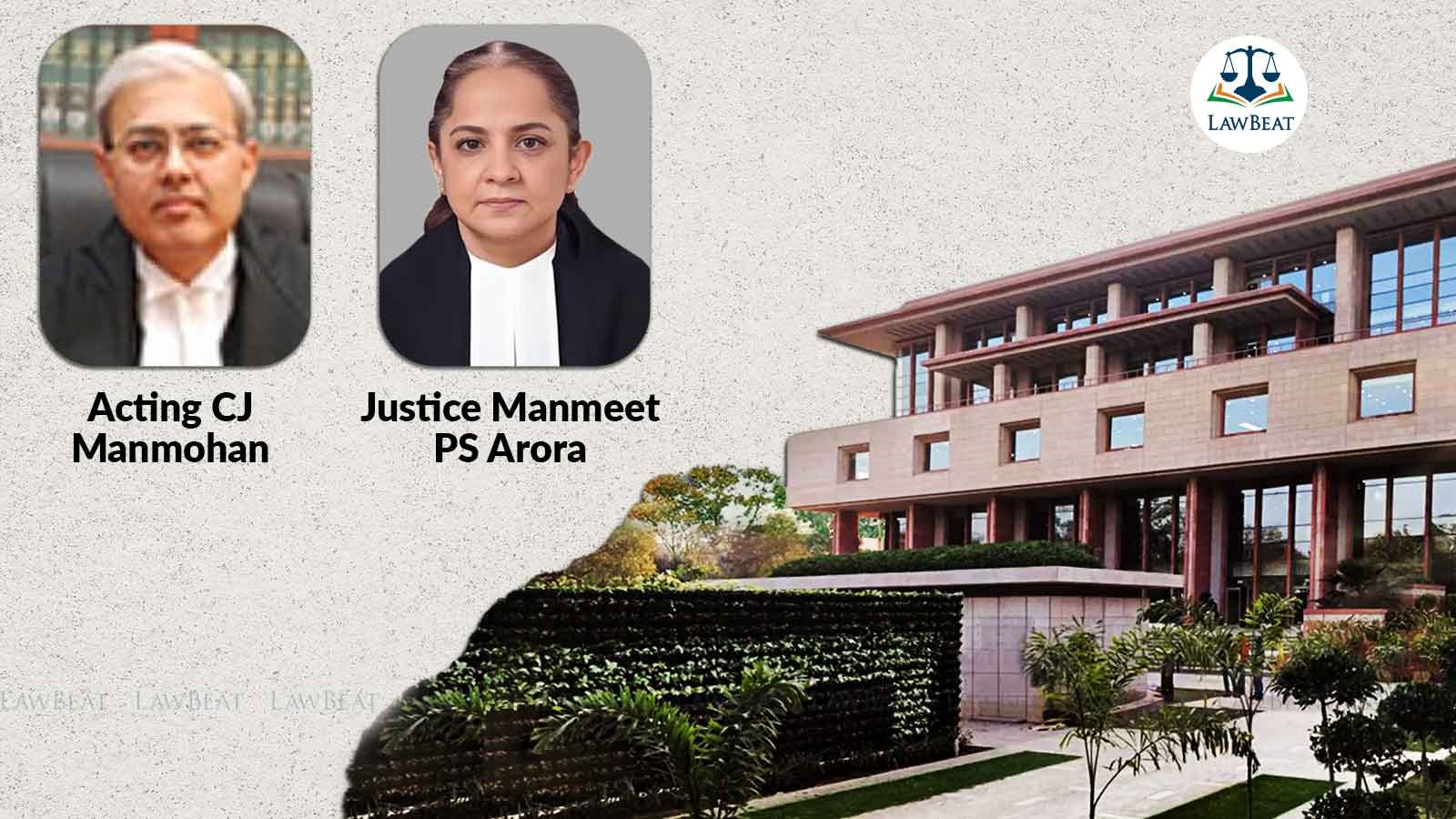Delhi HC Denies Permission To Pray on Demolished Mehrauli Mosque Site During Eid-ul-Fitr

Advocate Shams Khwaja, representing the devotees, argued that authorizing five hours for prayers spread across three days would not encroach upon the rights of any party
The Delhi High Court has denied permission to conduct prayers on the site of a demolished mosque in Mehrauli during Eid-ul-Fitr. This decision comes amidst an ongoing legal battle over the land's status, which is currently subject to a court order maintaining the status quo, under the jurisdiction of Justice Sachin Dutta.
The bench, led by Acting Chief Justice Manmohan and Justice Manmeet Printam Singh Arora, determined that granting interim relief without delving into the merits of the previous single-judge bench's order would be inappropriate. Consequently, the court scheduled the consideration of this plea alongside the case of the Managing Committee of Delhi Waqf Board v Government of NCT set for May 7, 2024.
Advocate Shams Khwaja, representing Muntazmia Committee Madrasa Behrul Ulum, drew parallels to previous instances where devotees were allowed access to religious sites before construction began, such as in the case of the Ram Mandir land and the Gyanvapi mosque. He asserted that permitting five hours of prayers over three days would not infringe upon anyone's rights and emphasized the significance of allowing prayer on such an auspicious occasion to uphold the freedom of religion for Indian Muslims.
This isn't the first time such a plea has been brought forth. Previously, the Delhi High Court had rejected a similar request from the Managing Committee of the Delhi Waqf Board, which sought permission for locals to observe Shab E-Barat on the land where the historic Akhoondji/Akhunji mosque, graveyard, and madrassa once stood.
The demolition of the mosque and Behrul Uloom madrasa by the Delhi Development Authority (DDA) on January 30 stirred controversy, with the DDA claiming that the mosque's construction occurred during the Delhi sultanate period, thus justifying its removal.
Advocate Sham Khwaja representing the petitioners highlighted the historical significance of the mosque, alleging its demolition occurred without proper notice and resulted in the destruction of the madrasa and graveyard, as well as damage to Quran copies. However, DDA Standing Counsel Sanjay Katyal refuted these claims, assuring the court that religious books were safely in officials' custody and citing the mosque's construction as an encroachment on forest land.
Case Title: Muntazmia Committee Madrasa Behrul Ulum v DDA (LPA-287/2024)
